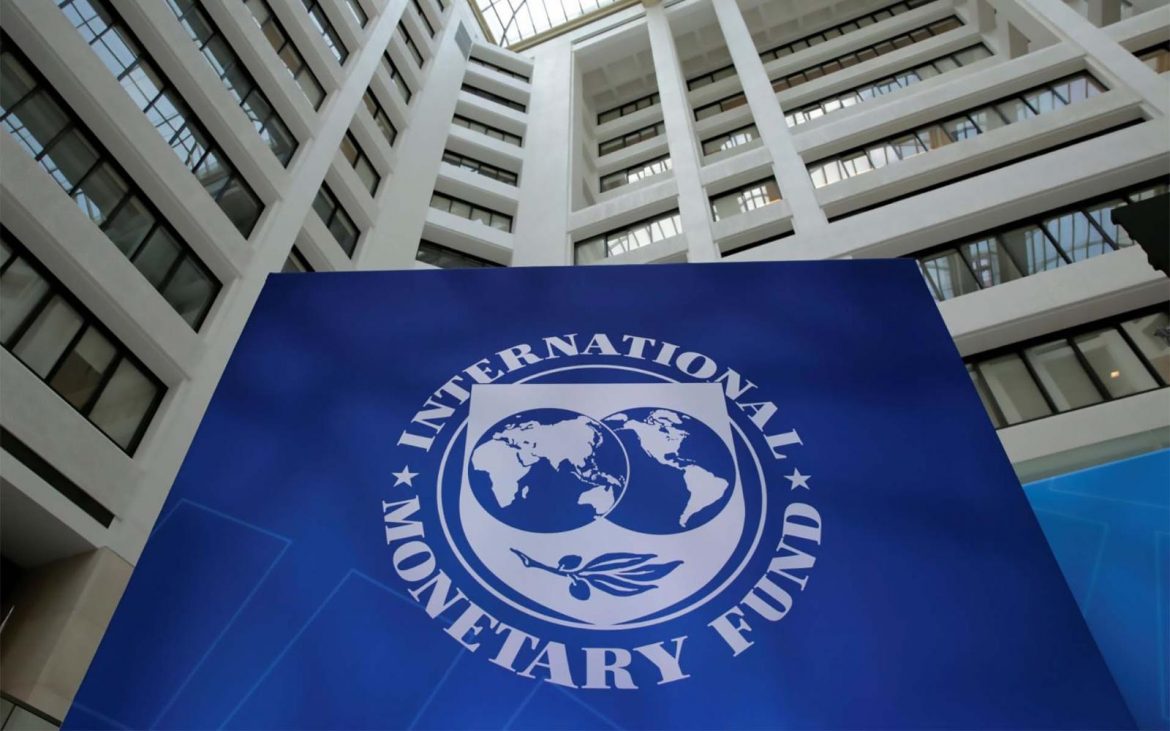With controversy swirling around Nigeria’s fuel subsidies, the International Monetary Fund (IMF) asserts that removing fuel subsidies will be the only solution to the country’s economic recovery.
The Executive Directors of the World Economic Outlook report recommended that the government devise a way to compensate the poor, warning that the resources saved should be transparently used.
“Directors highlighted the urgency of fiscal consolidation to create policy space and reduce debt sustainability risks. In this regard, they called for significant domestic revenue mobilisation, including further increasing the value-added tax rate, improving tax compliance, and rationalising tax incentives.
“Directors also urged the removal of untargeted fuel subsidies, with compensatory measures for the poor and transparent use of saved resources. They stressed the importance of further strengthening social safety nets.
“Directors welcomed the removal of the official exchange rate and recommended further measures towards a unified and market-clearing exchange rate to help strengthen Nigeria’s external position, taking advantage of the current favourable conditions.
They noted that exchange rate reforms should be accompanied by macroeconomic policies to contain inflation, structural reforms to improve transparency and governance, and clear communications regarding exchange rate policy.
“Directors considered it appropriate to maintain a supportive monetary policy in the near term, with continued vigilance against inflation and balance of payments risks. They encouraged the authorities to stand ready to adjust the monetary stance if inflationary pressures increase.
Directors recommended strengthening the monetary operational framework over the medium term—focusing on the primacy of price stability—and scaling back the central bank’s quasi-fiscal operations,” the IMF noted.
In her 2022 Budget Breakdown speech, the Minister of Finance Budget and National Planning, Mrs Zainab Shamsuna Ahmed said that one major way to save the economy from collapsing was to remove oil subsidies. It triggered a backlash with labour unions threatening an indefinite strike.
Government officials backed away from the removal earlier this year, claiming it would worsen Nigerians’ sufferings.
At a meeting with the senate president, Ahmad Lawan, the Minister of Finance Budget and National Planning, Mrs Zainab Shamsuna Ahmed, said the government would work on amending the 2022 Budget to provide funds for that purpose.
According to her, the government has realised that the timing of its planned removal of petrol subsidy is “problematic”, and will worsen the sufferings of Nigerians.
She said the government will not remove subsidies in July as it earlier planned while counting on the upcoming Dangote Refinery to increase the country’s refining capacity.



